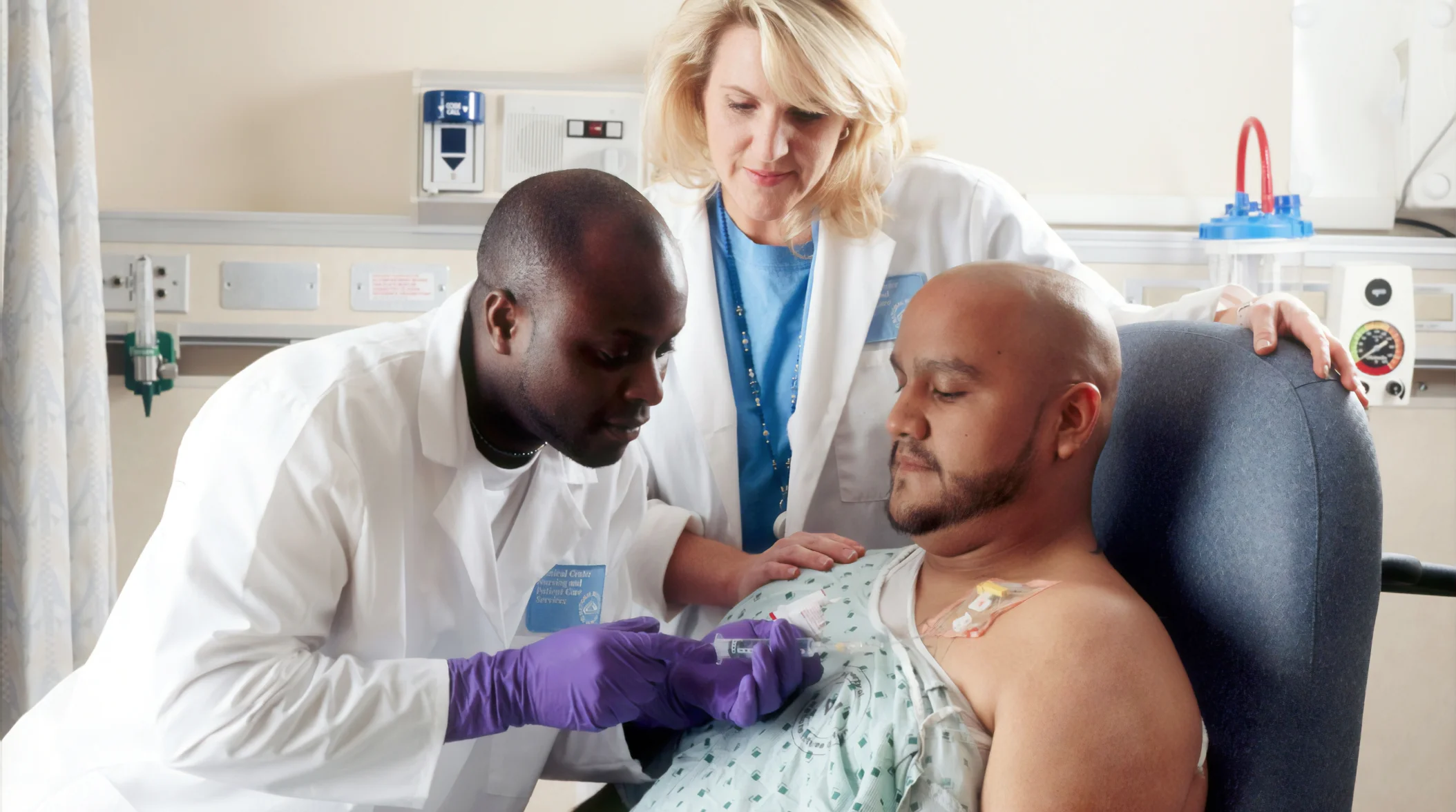
Holter Eye Surgery
Holter monitoring and eye surgery may seem disparate, but both underscore the importance of meticulous monitoring and precision in medical interventions. Holter monitoring, traditionally associated with cardiac care, involves continuous recording of heart activity over an extended period, typically 24 to 48 hours. Conversely, eye surgery, encompassing procedures like cataract removal or laser vision correction, demands precision and delicacy in restoring or enhancing visual acuity.
However, there exists a subtle yet significant intersection between the two domains, particularly concerning patient safety and perioperative management. Holter monitoring, although primarily employed in cardiac settings, can be a valuable tool in assessing the physiological response to ocular surgery, especially in patients with underlying cardiovascular conditions. By monitoring heart rhythm and detecting arrhythmias or cardiac abnormalities preoperatively, Holter monitoring helps identify potential risks and allows clinicians to optimize patient management strategies before proceeding with eye surgery.
Moreover, during the perioperative period, the stress and physiological changes associated with eye surgery can occasionally trigger cardiac events in vulnerable individuals. Holter monitoring, when utilized alongside continuous monitoring of vital signs, provides real-time data on cardiac function, enabling prompt detection and intervention in the event of arrhythmias or other cardiac complications. This proactive approach to monitoring enhances patient safety and reduces the risk of adverse outcomes during and after eye surgery.
Furthermore, the comprehensive assessment facilitated by Holter monitoring extends into the postoperative phase, where ongoing monitoring of cardiac rhythm aids in early detection of any cardiac complications or adverse drug effects related to the surgical intervention. By integrating Holter monitoring into the postoperative care protocol, ophthalmic surgeons can ensure timely identification and management of potential cardiac issues, thereby promoting optimal recovery and minimizing the risk of postoperative complications.
In essence, while the primary focus of Holter monitoring may be cardiac care, its applicability extends beyond the confines of the cardiovascular system, finding relevance in diverse medical specialties such as ophthalmology. By leveraging Holter monitoring as a tool for comprehensive perioperative assessment and monitoring in eye surgery, clinicians can enhance patient safety, optimize outcomes, and deliver personalized care tailored to the individual’s unique medical profile and needs.





